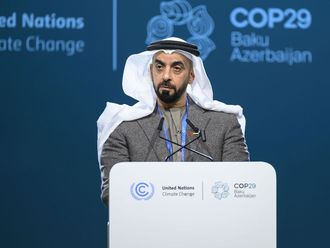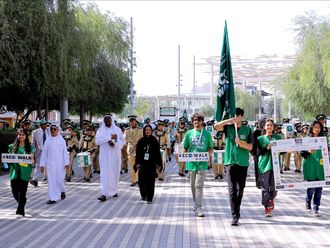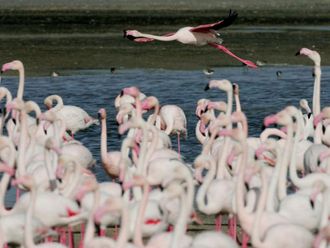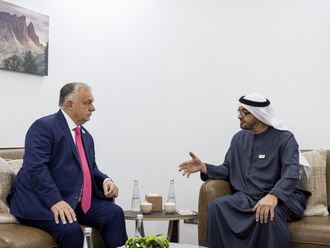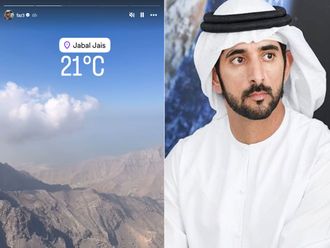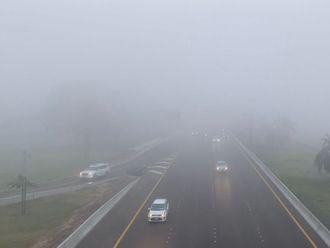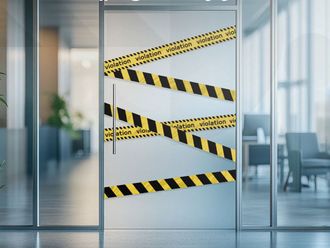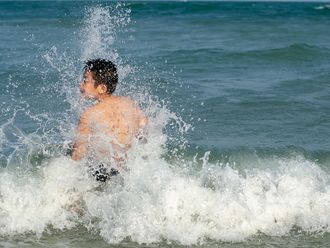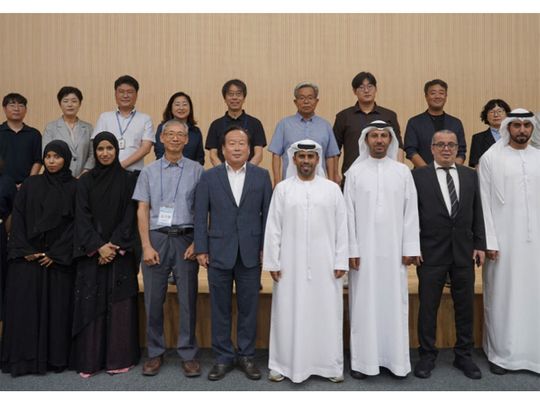
Abu Dhabi: An ongoing UAE-Korea research cooperation for smart agriculture is focusing on projects deploying latest technology for the early detection of infections and controlling factors impacting plant growth.
A delegation from the Abu Dhabi Agriculture and Food Safety Authority (ADAFSA), representing the Applied Research and Capacity Building Division, recently participated in a scientific symposium in Korea on the joint research projects.
The symposium focused on reviewing research results and experiments pertaining to two research collaboration projects between ADAFSA and the Rural Development Department of the Republic of Korea.
During the symposium, three ADAFSA researchers presented lectures highlighting the outcomes of the Korean Protected House project to develop a smart cultivation system that harnesses advanced technologies to monitor and control environmental factors influencing plant growth.
read more
- Abu Dhabi Agriculture and Food Safety strategy launched
- UAE food security trends indicate safe, nutritious and sufficient future produce for citizens
- AI-based app unveiled in Dubai to help farmers detecting crop disturbances
- Abu Dhabi farm owners told to keep septic tanks clean to prevent spread of disease
The researchers also shared findings from the project supporting the geophysical and biological follow-up of palms. This research aims to assess the effectiveness of sap flow sensors in the early detection of red palm weevil infections, a significant challenge for the region’s palm trees.
ADAFSA collaborates with research centres, universities, and international organisations. As the local government authority responsible for agriculture, food safety, food security, and biosecurity in Abu Dhabi, ADAFSA seeks to protect plant and animal health, enhance biosecurity, and achieve food security.


